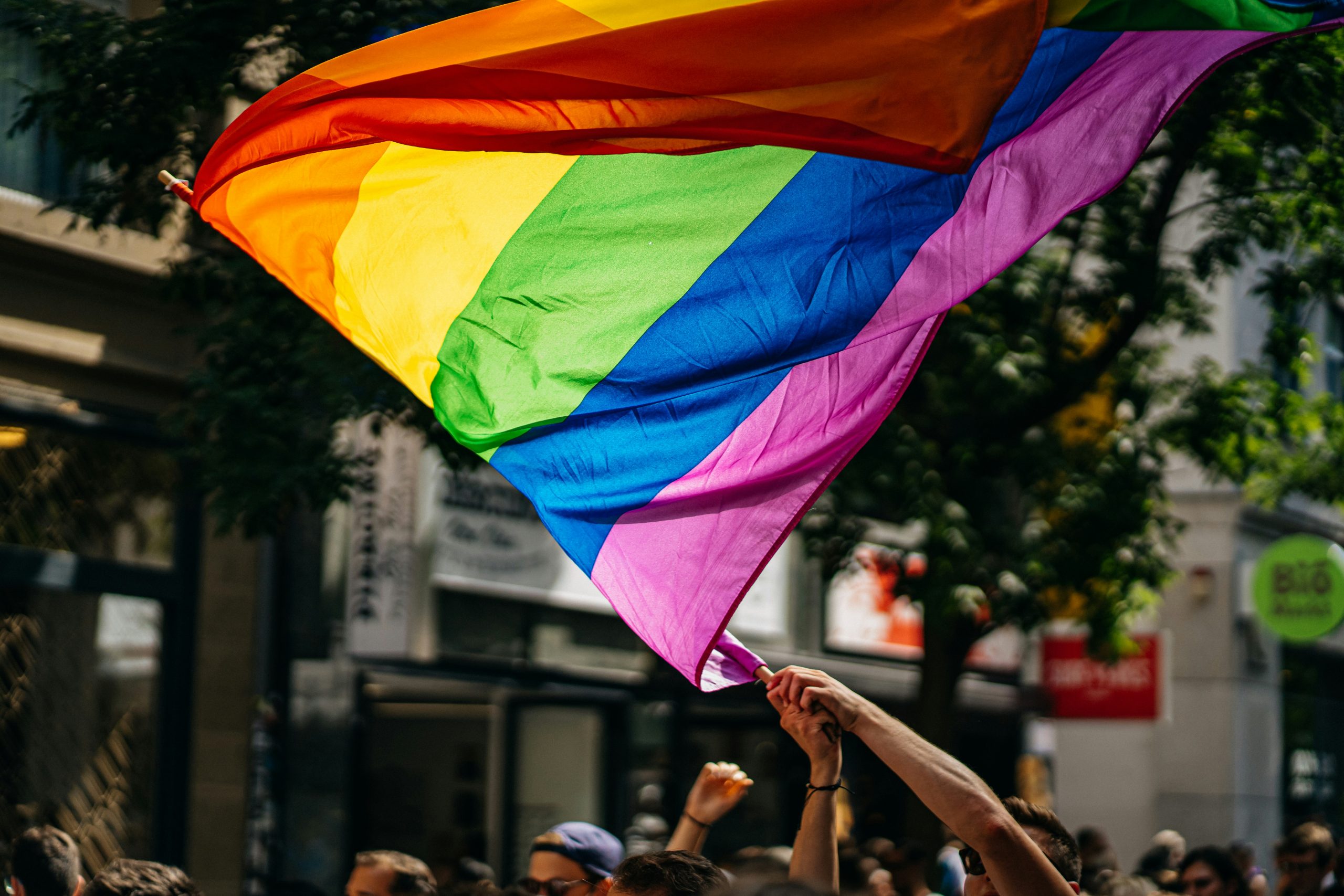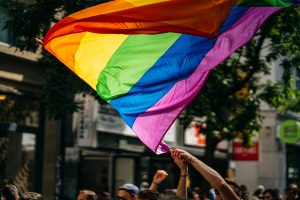
Mexico's Journey to Inclusivity

Mexico is not the first country that comes to mind when considering inclusion. Latin American countries are known to be quite catholic and archaic when it comes to sex and gender identity. However, to the surprise of many, in 2009, Mexico City became the first jurisdiction to legalize same-sex marriage not only in Mexico but in Latin America. Now, what about the rest of the country? Did they commit to the same legislative change? Yes. In 2010, the gay marriage law took effect in Mexico City, and the next few years would become a timeline of how Mexico accepted the Supreme Court ruling, one state at a time.
In July 2015, for instance, Guerrero instructed civil agencies to allow same-sex couples to obtain marriage licenses. In the same month, Santiago de Queretaro stopped the ban on same-sex marriage, allowing couples to get married in the municipality.
Seven years later, Tamaulipas became the last state in Mexico to adhere to the Supreme Court ruling that started in 2009. Currently, the country celebrates LGBTQ+
They celebrate the largest LGBTQ+ parade across the Hispanic communities. In fact, Mexico City has become an epicenter of inclusion and diversity. The city dresses in a rainbow every June to commemorate the community's journey in all the Mexican states.
In an article by NPR, Estefania Vela, an associate law professor in Mexico City, affirms that “No judge can exclude same-sex couples from marriage in any part of the country”.
In 2025, same-sex couples can register their marriage in the Mexican Republic. Companies like DNEXPRESS have officially launched a Marriage Certificate registration service available for any type of couple that needs to register their marriage.
The future of Mexico´s LGBTQ+ community seems promising. Advocates such as David Sanchez Camacho, an elected member of the legislative assembly of the federal district, serve the cause by actively working in favor of Mexico’s LGBTQ+ communities. At the same time, activists such as Patricia Jimenez, a member of the Chamber of Deputies, dedicated her career to motivating and protecting the community’s rights in the territory. It is important to mention that she was the first openly gay member of a Latin American legislature.
“What defines us is our humanity, and what runs against humanity is intolerance.”
These two people are examples of how Mexico has evolved into an inclusive country that values its citizens for their presence and contribution while leaving behind biases and discrimination.
According to research published by Jose Sanchez for Statista in 2022, “a total amount of 507,052 marriages were registered across Mexico. Only 1.14 percent of those marriages were among people of the same sex”. Despite the advances in the matter, there is still room for improvement. We hope to see a grow in same sex marriage registration in Mexico in 2025.
On a positive and progressive note, in May 2025, DNEXPRESS successfully processed its first dual citizenship case, recognizing an individual's gender as “Non-Binary.” This milestone marks a meaningful step forward for LGBTQ+ inclusivity within Mexico’s legal framework.
Companies like DNEXPRESS (Dual citizenship Express/ Doble Nacionalidad Express) are leading the marriage registration numbers in 2025. You can book a free consultation by clicking here.



